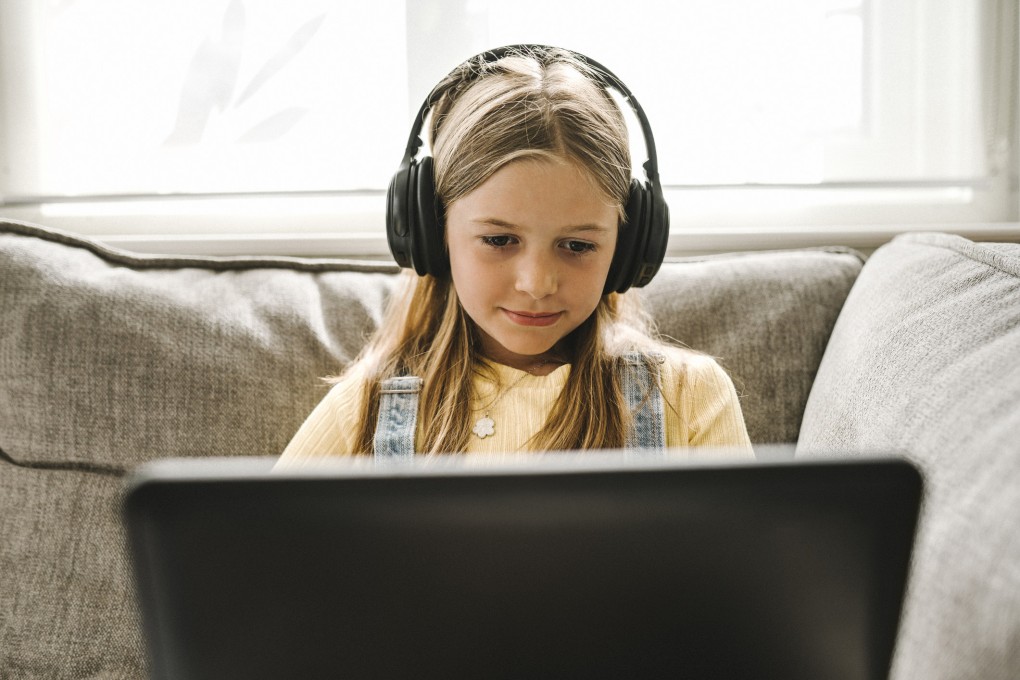Advertisement
Working from home with your kids studying online? How to reduce stress and stay sane with a healthy routine
- A Covid-19 lockdown has shut Hong Kong schools. If your children are at home, support them and stick to school-day routines to maintain normality, experts say
- Manage your own stress levels through exercise and joining in fun activities with your children, say psychologists and counsellors
Reading Time:4 minutes
Why you can trust SCMP
3

When the Hong Kong government announced the suspension of face-to-face classes in kindergartens and primary schools until the end of the Lunar New Year holiday, a collective moan reverberated around the city.
Social media platforms and chat groups exploded with complaints from parents and carers concerned about the extra stress and workload at home.
Hong Kong resident Teresa Wong (not her real name) says the last time classes moved online, her stress levels soared. But she also recalls how maintaining a healthy routine with her son, who is now seven, helped keep her sanity intact.
Advertisement
“Having structure in my daily routine, some semblance of normality in this ‘new normal’, stopped me losing it,” says the 37-year-old lawyer.

Wong’s advice about developing a routine is wise, says Hong Kong-based counsellor Reshma Chugh. “Kids do well with routine, so make sure they stick to their normal pattern as if it was a normal school day: same wake-up times, meal times and sleep times.”
Advertisement
Advertisement
Select Voice
Select Speed
1.00x